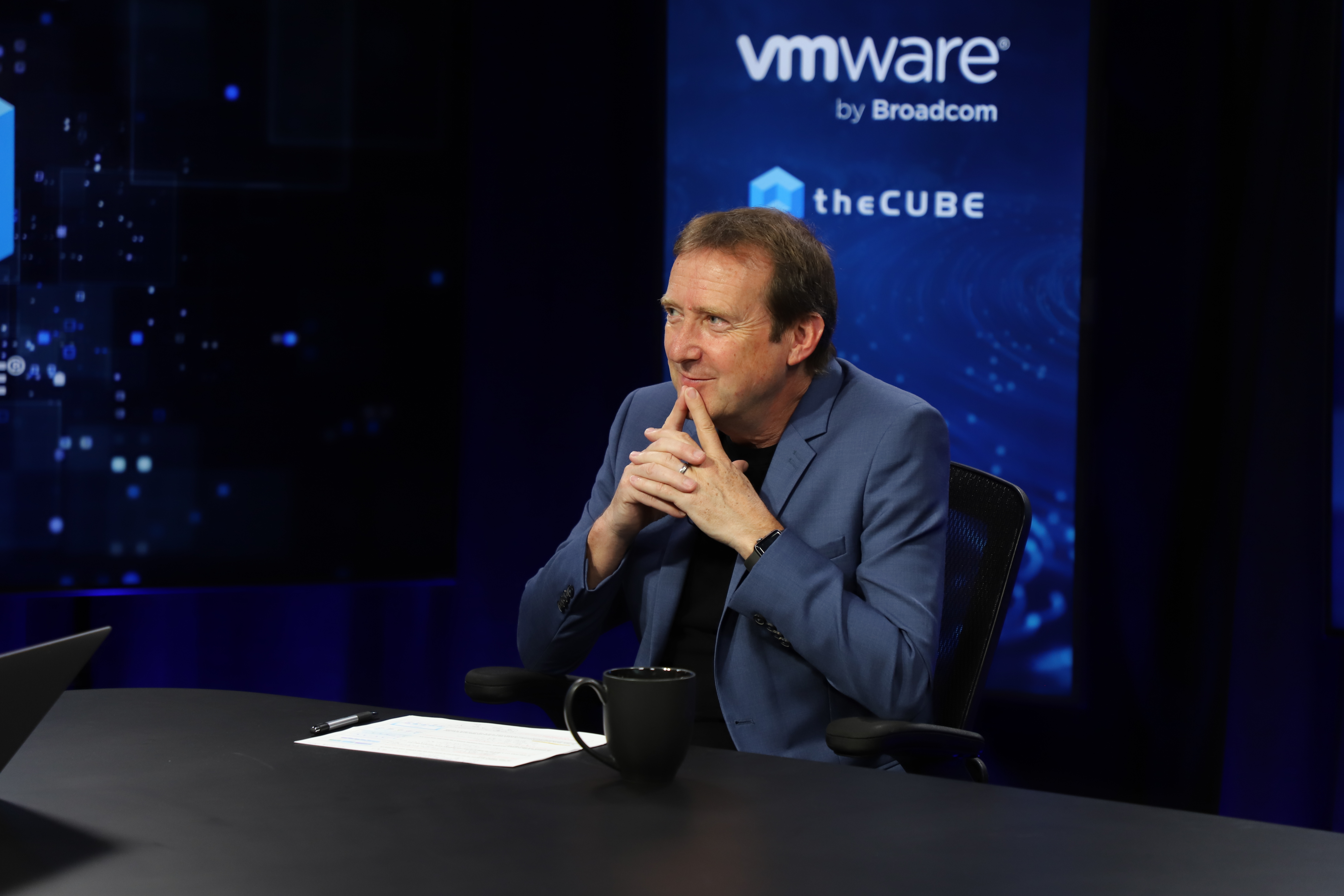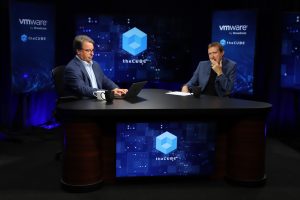 NEWS
NEWS
 NEWS
NEWS
 NEWS
NEWS
Broadcom Inc. and VMware just raised the stakes for the private cloud. With the launch of VMware Cloud Foundation 9, the companies aren’t just delivering another version update — they’re packaging agility, AI-readiness and streamlined operations into a platform built to meet modern enterprise demands.
At its core, VCF 9 is engineered to simplify complexity and unify cloud operations across environments. It delivers a full-stack infrastructure — spanning compute, storage, networking and automation — designed to work seamlessly whether deployed on-premises or in the public cloud. This consistency supports both traditional workloads and next-gen applications, creating a scalable foundation for AI, containers and modern DevOps practices, according to Paul Turner (pictured), vice president of products, VCF, at Broadcom, who describes the release as the culmination of deep integration work aimed at empowering both developers and administrators.

Broadcom’s Paul Turner discusses new VCF 9 updates.
“What we’ve done over the last year and a half has integrated all of a full IaaS stack, compute, storage, networking and the automation you need,” Turner said. “You can deliver cloud on your terms. This means you’ve got the same cloud operating model, whether running in your data center or on public cloud services. All of that is what we’re delivering in VCF. And in the 9.0 release, it’s the culmination of that.”
Turner spoke with theCUBE’s John Furrier at the “Broadcom Delivers the Modern Private Cloud” event, during an exclusive broadcast on theCUBE, SiliconANGLE Media’s livestreaming studio. They discussed Broadcom crystallizing its long-term vision into a tangible, powerful platform blending deep integration, fleet-level scale, AI, developer readiness and cost efficiency into a single offering. (* Disclosure below.)
VCF 9 culminates years of integration, bringing together compute, storage, networking and automation into one unified infrastructure. The core promise? A cloud operating model that works consistently across on-prem and public cloud environments. This holistic stack gives organizations the ability to run modern applications — including virtual machines, containers and AI/ML workloads — within a secure, scalable environment, according to Turner.
“What we’ve done inside that product is deliver a platform for customers to deliver cloud on their terms,” he said. “[Today], virtualization isn’t enough — developers want agility. They want a software-defined compute storage network and the automation associated with it. Those are delivered in the modern private cloud, and that’s delivered in VCF 9 … with lots of engineering hours and many months of work.”
A standout feature of VCF 9 is centralized fleet management. With over 300,000 customers and 120,000 VMware User Group members, reducing complexity for administrators was a top priority, according to Turner. This suite of tools allows administrators to manage updates, patch systems non-disruptively and scale operations while enforcing governance and security across environments.
“We’re helping those customers to standardize IT with virtual machines,” Turner said. “But how are we helping them? They get a single centralized fleet management. They get config management so they can do compliance and configuration compliance across their infrastructure. They get certificate management so they can monitor and confirm any of the certificates that are out of date or non-compliant.”
VFC 9 is also designed with developers in mind. In fostering a dev-centric outlook, the update brings on-demand access to services, unified interface panes, support for modern app pipelines for CI/CD and integrated VM support. The release positions VCF 9 as a crucial enabler for the next wave of gen AI applications, providing container-based services, integrated Kubernetes and essential tooling out of the box.
“Complexity is a big thing,” Turner said. “Kubernetes is a complex area and it shouldn’t be. What we’ve done on VCF we are bringing to Kubernetes as well, because complexity kills administrators — it kills scale, and it kills fleet management at scale.”
Here’s the complete video interview, part of SiliconANGLE’s and theCUBE’s coverage of the “Broadcom Delivers the Modern Private Cloud” event:
(* Disclosure: TheCUBE is a paid media partner for the Broadcom Delivers the Modern Private Cloud event. Neither Broadcom Inc., the sponsor of theCUBE’s event coverage, nor other sponsors have editorial control over content on theCUBE or SiliconANGLE.)
Support our mission to keep content open and free by engaging with theCUBE community. Join theCUBE’s Alumni Trust Network, where technology leaders connect, share intelligence and create opportunities.
Founded by tech visionaries John Furrier and Dave Vellante, SiliconANGLE Media has built a dynamic ecosystem of industry-leading digital media brands that reach 15+ million elite tech professionals. Our new proprietary theCUBE AI Video Cloud is breaking ground in audience interaction, leveraging theCUBEai.com neural network to help technology companies make data-driven decisions and stay at the forefront of industry conversations.